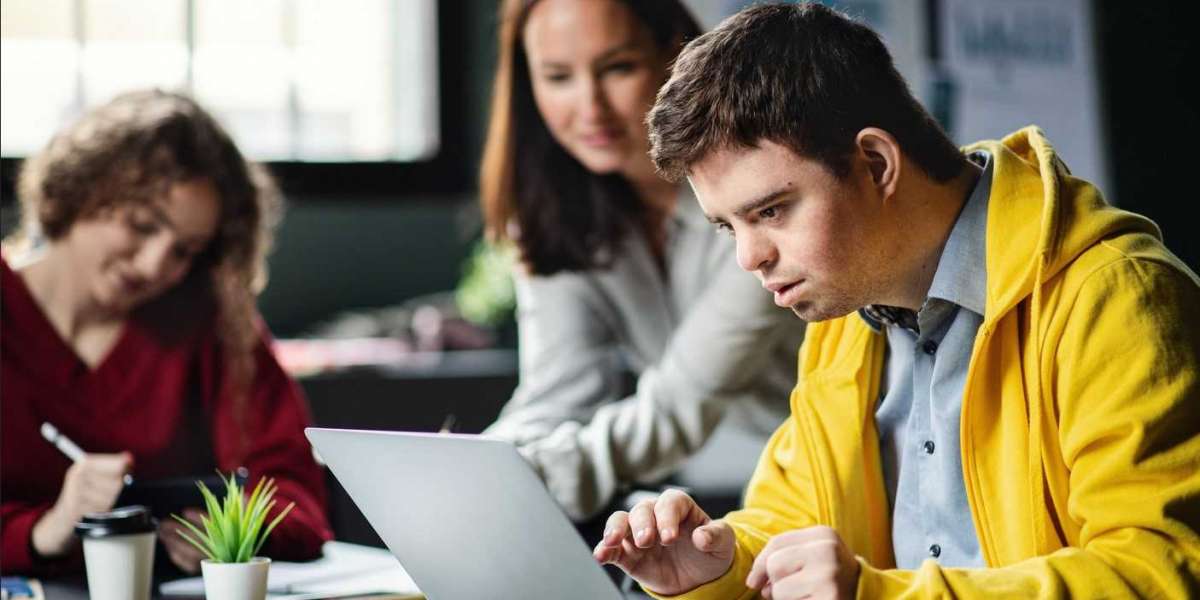When it comes to advocating for the rights and inclusion of individuals with developmental disabilities, one powerful yet often underrecognized force is the council for developmental disabilities. These councils operate at both state and local levels to promote equity, drive policy change, and empower people with disabilities and their families.
Whether you’re a caregiver, self-advocate, or professional, understanding how these councils work — and how you can get involved — can open doors to better support, stronger services, and lasting change.
What Is a Council for Developmental Disabilities?
A council for developmental disabilities is an advisory and planning body typically established by state or federal law to improve the lives of people with intellectual and developmental disabilities (IDD).
Councils are made up of individuals with disabilities, family members, professionals, and representatives from state agencies. Their mission? To influence public policy, fund innovative programs, and ensure that people with disabilities have the same opportunities as everyone else — in education, employment, healthcare, housing, and beyond.
Key Roles and Responsibilities
These councils don’t provide direct services — instead, they focus on systemic change and advocacy. Here’s what that looks like:
1. Policy and Legislative Advocacy
Councils analyze laws and regulations, meet with lawmakers, and advocate for inclusive policies that promote independence and self-determination.
2. Funding Pilot Programs
Many councils fund innovative projects and grants that address gaps in service delivery or test new support models for people with developmental disabilities.
3. Public Education and Awareness
From hosting disability pride events to publishing accessible resources, councils raise awareness and fight stigma at the community level.
4. Leadership Development
Councils invest in training programs for self-advocates and families, giving them the tools to speak up, lead, and participate in decision-making.
How Councils Help Families and Individuals
If you're caring for someone with a developmental disability or have one yourself, a council for developmental disabilities can be an invaluable ally. Here's how:
- Connecting you with resources in your area
- Advocating for better services in schools, health care, and housing
- Offering leadership programs so your voice can influence real change
- Inviting you to join public meetings or workgroups to represent your lived experience
These councils listen — and they act.
How to Get Involved
Every council welcomes community input. You don’t need a degree in public policy or years of experience — just a willingness to share your story and be part of the movement. You can:
- Attend public meetings
- Apply to be a council member or advisor
- Join workgroups or advocacy initiatives
- Collaborate on grants or pilot projects
Your perspective matters. When councils hear from real people with real experiences, they can push for smarter, more compassionate systems of support.
Final Thoughts
A council for developmental disabilities is more than a policy group — it’s a platform for progress. It’s where lived experience meets advocacy, and where everyday voices help shape the future of inclusion, accessibility, and equity.
Whether you’re looking to get connected, be heard, or drive change in your state or community, councils are a powerful place to start.




